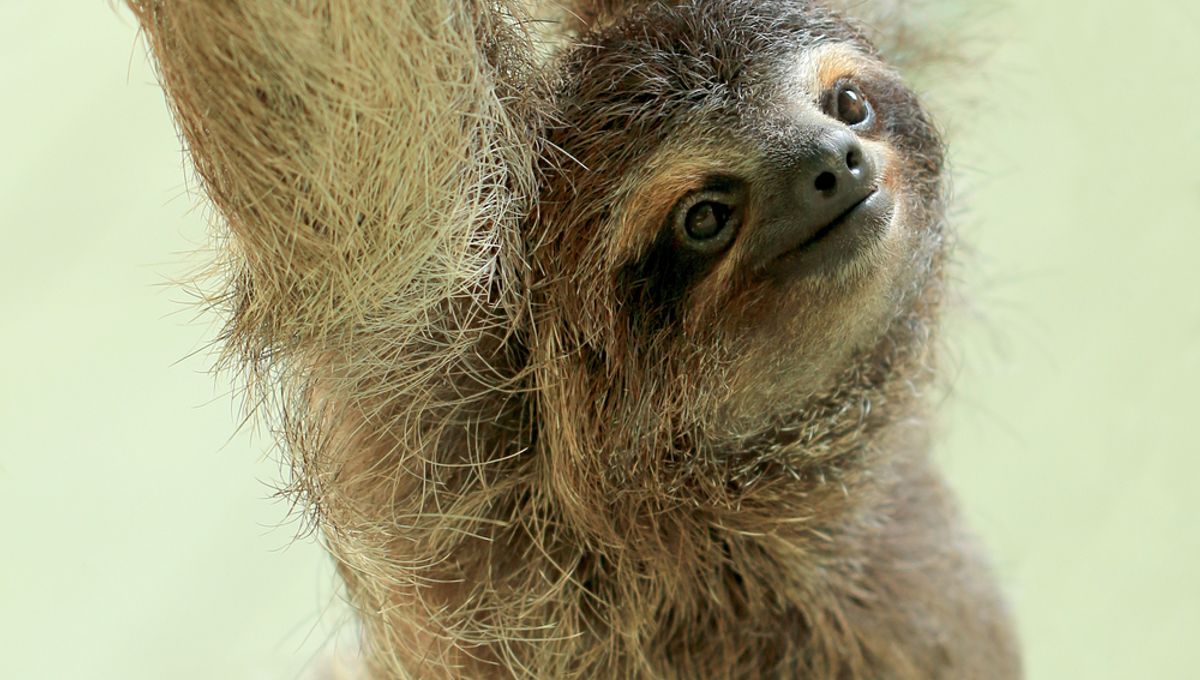
If you’re looking for a medical superhero, it might be hard to find anything less convincing than a sloth, yet in the fur of these notoriously sluggish animals lies bacteria that produce antibiotics that might just save us all.
Antibiotics have played a major part in the doubling of human life expectancy over the last century or so. However, medical researchers and public health experts are issuing increasingly frantic warnings about the rise of antibiotic resistance. Already, more than a million people a year are dying as a result. If we can’t find replacements fast, even minor surgery could become the equivalent of playing Russian Roulette.
The answers are almost certainly out there. Millions of species have evolved their own solutions to pathogenic bacteria; the quest is to identify, adapt, and develop them. Prospectors trying to fulfill the first of those steps have gotten used to looking in tropical rainforests and in dragon blood. Now, a paper in Environmental Microbiology makes the case for a specific ecosystem within the rainforests – sloth fur.
Sloths eat such low-energy diets that even cleaning their fur the way other mammals do is too much of an effort. Algae growing in the fur may also act as camouflage against the predators from which sloths certainly cannot run. “If you look at the sloth’s fur you see movement: you see moths, you see different types of insects,” Dr Max Chavarria of the University of Costa Rica told AFP. “Obviously when there is co-existence of many types of organisms, there must also be systems that control them.”
Judy Avey-Arroyo runs a sanctuary for sloths injured by encounters with humans, animals, or technology and has noticed something extraordinary. “We’ve never received a sloth that has been sick,” she told AFP. “We’ve received sloths that have been burned by power lines and their entire arm is just destroyed…and there is no infection.” Whatever method the inhabitants of the fur forest use to deal with superbugs can apparently transfer to large mammals – and therefore maybe to us.
Living in the country with perhaps the best record for protecting and restoring its rainforests in the world, Chavarria and coauthors have plenty of opportunity to study their national symbol. They took fur samples from 28 two- and three-toed sloths brought to Avey’s sanctuary with injuries. Six genera of bacteria were common in the samples and the team identified nine strains of Brevibacterium and Rothia that produce disease-fighting molecules.
The authors note that while the microbiome on human skin and hair has been extensively studied, little is known about the lifeforms living on other mammals, even those more familiar to us than sloths. Those that have been studied have microbiomes more like soil than human skin.
It’s a long way from identifying what works in sloth fur to proving success in humans. The substances the team have identified need to be extensively tested for both effectiveness and side effects. It’s more likely they will inspire the manufacturing of similarly structured molecules better suited to the job than be used in their raw form.
This process takes so long that even a sloth might get frustrated and requires immense amounts of money. Many promising candidates discovered in other environments burgeoning with life sit untested in laboratory archives waiting for a company or philanthropist with the deep pockets to take the work further.
Tempting as it might have been to take a sample from Gérard the Space Sloth‘s fur for further research, the bottleneck lies further along the process. Perhaps the authors should approach Kirsten Bell for help.
The study is published in Environmental Microbiology.
Source Link: Perhaps Sloth Fur Could Save Your Life